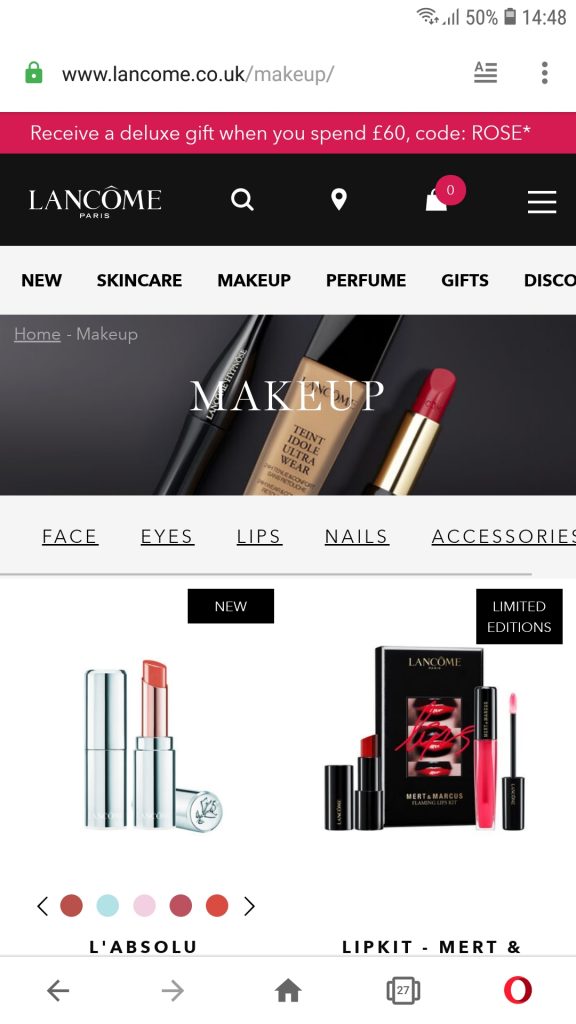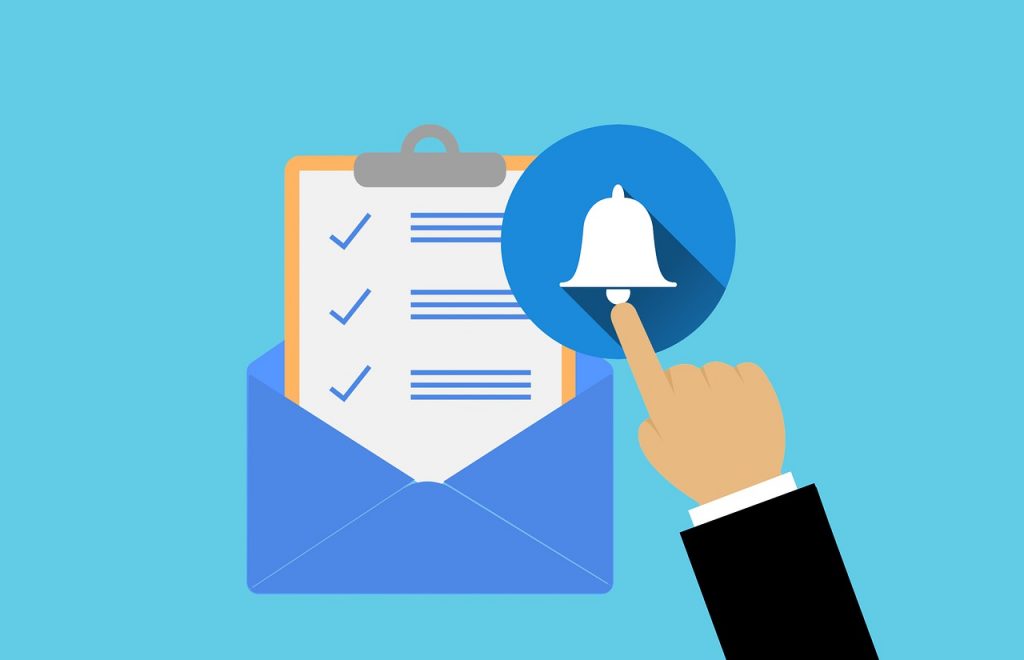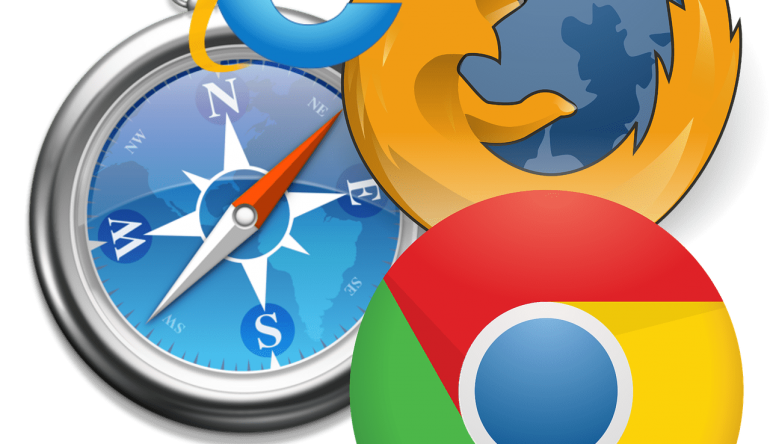The term progressive web app was coined by Alex Russel and Frances Berriman, of whom the former is a software engineer for Google.
1. What are progressive web apps?
Progressive web apps are apps that don’t need to be downloaded, instead, they’re websites that act like mobile apps.
They’re built for mobile devices, can be opened using any browser, and are easier to make than regular applications.
Because of the big number of plugins that exist on the internet and can be used and the fact that it is easier to maintain a website than an application, progressive web apps have been especially popular in the past few years.
So today, we are bringing you the reasons why progressive web apps are great and why you should definitely consider using one for your business instead of an app in an app store.
2. They’re progressive
Progressive web apps are made to work on any browser and any device.

Whether you’re using Firefox, Chrome, Opera, Safari, or any other browser on a device of any size, a progressive web app will always open and perform well on your device.
The way progressive web apps do this is by using the strategy of progressive enhancement. It focuses on enabling the user to access and use the webpage even if a HTML, CSS, or JavaScript element fails to load.
By using progressive web apps, developers don’t have to try and keep up with every device and browser that exists.
3. Progressive web apps don’t need to be downloaded
How many times has it happened to you that you opened a website looking for information, but then gave up and closed it once they asked you to install their app?
Or you decided to give the app a chance, but gave up when your internet decided to be slow at that very moment and wouldn’t let you download the app?
With progressive web apps, there is no download. Your visitors won’t have to go through the hassle of going to the app store and downloading the app. Instead, the second they enter your website, they’ll be able to look around and use it.
Lancome noticed that they had an increase in mobile users, so they decided to build a progressive web app, which paid off – bounce rate declined by 15%, there was a 17% growth in conversion rates, and a 50% increase in mobile sessions.


4. They’re responsive
Responsiveness is a term that we hear quite often, but it’s for a good reason. If a website is responsive, it means that it works on all devices, no matter their size.
Mobile browsing overtook desktop browsing in 2016, and hasn’t been slowing down, so it is important that your website can be opened on devices other than desktop.
Imagine wanting to purchase something, opening the company’s website on your phone, and realizing that you’re seeing a broken version of the site, if you can even access it, that is.

Progressive web apps don’t have this problem, which is another great thing about them.
5. Progressive web apps load fast
Once your visitors access your progressive web app for the first time, all the next times they open it will be even faster.
This is because these types of apps make use of the browser cache and don’t force you to reload and re-download all the content each time you visit them.
Regular apps that you download often take ages to load, even if there isn’t any new content.
6. They work offline
No internet? No problem. Progressive web apps save information from your last visit so you can access them offline.

Have you ever wanted to show your friend a product from an app, but couldn’t do it because you had no internet at the moment?
A progressive web app will let you access it with ease, enabling you to look at whatever you wanted and show it to someone, even with no internet access.
7. They have SEO benefits
Since progressive web apps are websites and apps combined, they retain the benefits of websites, which include SEO.
This means that people will be able to find your app in the pages of the search engine they’re using if they use the keywords you rank for.
If you provide services related to web development and have a progressive web app, people will able to find you if they look up ‘web development services’ or ‘web developer for hire’.

So, don’t worry, just because progressive web apps have apps in their name, it doesn’t mean they cannot be found on search engine pages. They’re great because they provide the interface of an app, but are actually websites. Russel put it really well into words: ”These apps aren’t packaged and deployed through stores, they’re just websites that took all the right vitamins.”
8. Progressive web apps have notifications
Mobile notifications, better known as push notifications, are a great way of staying in contact with your visitors. If a visitor decides to enable them, they will receive notifications about new products, restocks and sales.

They can also notify users about their carts and the items they have in them, transactions that just happened, news, and many more. They help build trust and increase the number of sales (just make sure you don’t send too many and overwhelm people, they’ll turn off the push notifications).
When Pinterest built their progressive web app and included push notifications, their revenue from ads increased by 45%, the click-through rate increased by 50% and user engagement got better.


Finishing up
Progressive web apps are the new best thing. They’re built for mobile devices and have all the appearance benefits of an app, but also the SEO benefits of a website. They also make use of browser caches, which enables great speed after the first visit of the app.
They’re progressive, which means they work for every browser and device. Using the strategy of progressive enhancement, web developers can make sure that the app works even when some of its elements fail to load.
They don’t need to be downloaded, which saves your visitors a ton of time and lets them use your app without having to clear space.
Progressive web apps are also responsive, which means that they work on devices of all sizes, both smartphones and tablets. They have push notifications, which enable you to tell your visitors about news, sales and new products.
And the best thing about them? They work offline, by saving your information from a previous session.
Hopefully, we’ve helped you learn something about this awesome type of app and thank you reading!





